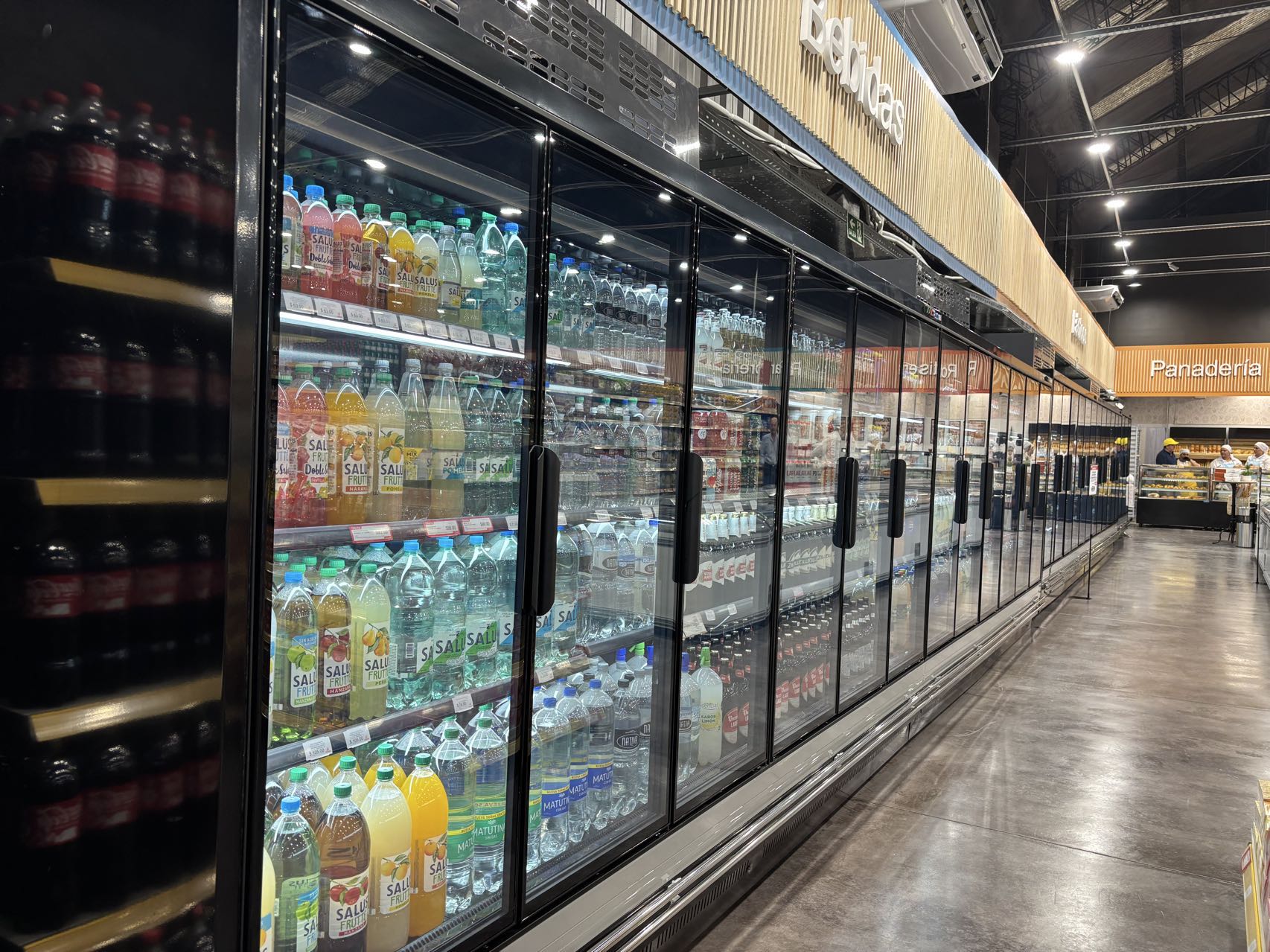Choosing the right commercial freezer is a crucial decision for any business that relies on frozen storage. From restaurants and grocery stores to catering companies and convenience shops, a reliable freezer is essential for preserving inventory, minimizing waste, and ensuring food safety. In this guide, we’ll explore the key aspects of these vital appliances, helping you make an informed choice that meets your specific business needs.
Why a Commercial Freezer is Essential for Your Business
A commercial freezer provides a number of key benefits that go beyond simple cold storage. It’s a fundamental tool for managing inventory, enabling you to buy in bulk and take advantage of seasonal pricing. This not only helps you control costs but also ensures you have a consistent supply of products. Furthermore, a high-quality commercial freezer maintains consistent, food-safe temperatures, which is critical for complying with health regulations and protecting your business from potential liability.
Key Factors to Consider Before You Buy
When selecting a commercial freezer, it’s important to consider a few key factors to ensure you choose the best model for your business.
- Type of Freezer: Commercial freezers come in various types, including:
- Reach-in freezers: Ideal for kitchens and prep areas, offering easy access to frequently used items.
- Walk-in freezers: Best for businesses with large storage needs, providing ample space for bulk inventory.
- Chest freezers: Energy-efficient and perfect for long-term storage of large or bulky items.
- Under-counter freezers: Space-saving options for smaller kitchens or specific workstations.
- Size and Capacity: The size of your freezer should be proportional to your storage needs and available floor space. Carefully measure your intended location and estimate the volume of products you’ll need to store.
- Energy Efficiency: Look for models with high-efficiency compressors and thick insulation to minimize operating costs. An Energy Star rating is a good indicator of an energy-efficient appliance.
- Temperature Control and Stability: A reliable thermostat and even temperature distribution are crucial for food safety. The freezer should maintain a consistent temperature, even with frequent opening and closing.
- Durability and Construction: Commercial environments are demanding. Choose a freezer with a robust, rust-resistant exterior and a sturdy interior lining that can withstand heavy use.
Maintenance and Care for Your Commercial Freezer
To ensure your freezer operates at peak performance and lasts for years, regular maintenance is key.
- Regular Cleaning: Unplug the unit and clean the interior and exterior regularly to prevent the buildup of dirt and grime.
- Defrosting: Follow the manufacturer’s instructions for defrosting. Manual defrost models require you to remove all contents and allow the ice to melt, while frost-free models handle this automatically.
- Check the Gasket: A damaged or worn door gasket can compromise the freezer’s seal and lead to temperature fluctuations and higher energy bills. Inspect it periodically and replace it if necessary.
- Monitor Temperature: Use an external thermometer to regularly check the internal temperature, ensuring it remains at or below 0°F (-18°C) to keep food safe.
Conclusion
A commercial freezer is a long-term investment that can significantly impact your business’s operational efficiency and bottom line. By carefully considering factors such as the freezer type, size, energy efficiency, and durability, and by committing to a regular maintenance schedule, you can ensure that your freezer remains a reliable and cost-effective asset for years to come. Making the right choice now will save you time, money, and hassle in the future, allowing you to focus on what you do best—running your business.
Frequently Asked Questions
What is the ideal temperature for a commercial freezer?
For optimal food safety and preservation, the ideal temperature for a commercial freezer is 0°F (-18°C) or colder.
How often should I defrost my commercial freezer?
The frequency of defrosting depends on the model. Manual defrost units should be defrosted when the ice buildup reaches about a quarter-inch thick. Frost-free models don’t require manual defrosting.
Is it more energy-efficient to keep my freezer full or empty?
It’s more energy-efficient to keep your freezer full. Frozen items act as a thermal mass, helping the unit maintain its temperature and reducing the amount of work the compressor has to do.
What are the different types of commercial freezers?
Common types include reach-in freezers for kitchens, walk-in freezers for large storage, chest freezers for bulk items, and under-counter freezers for smaller spaces.
Post time: Aug-06-2025





